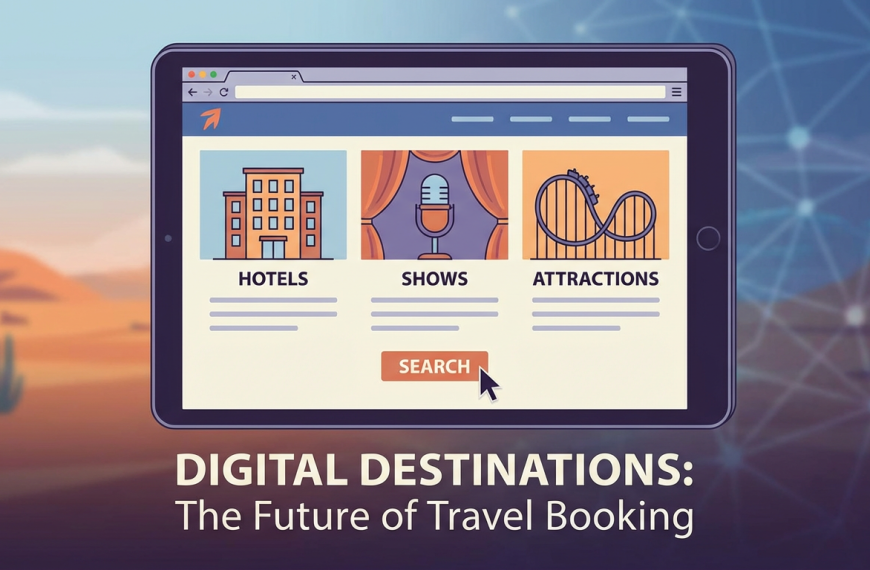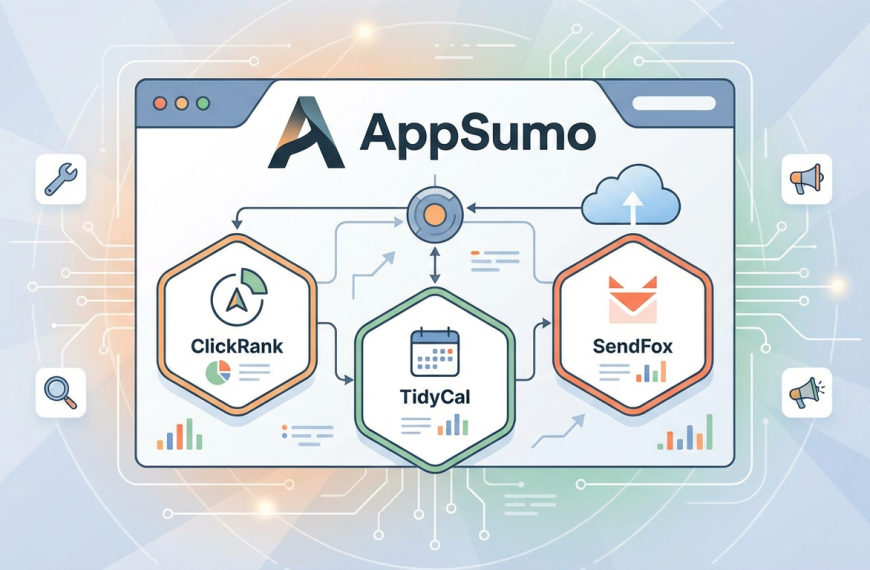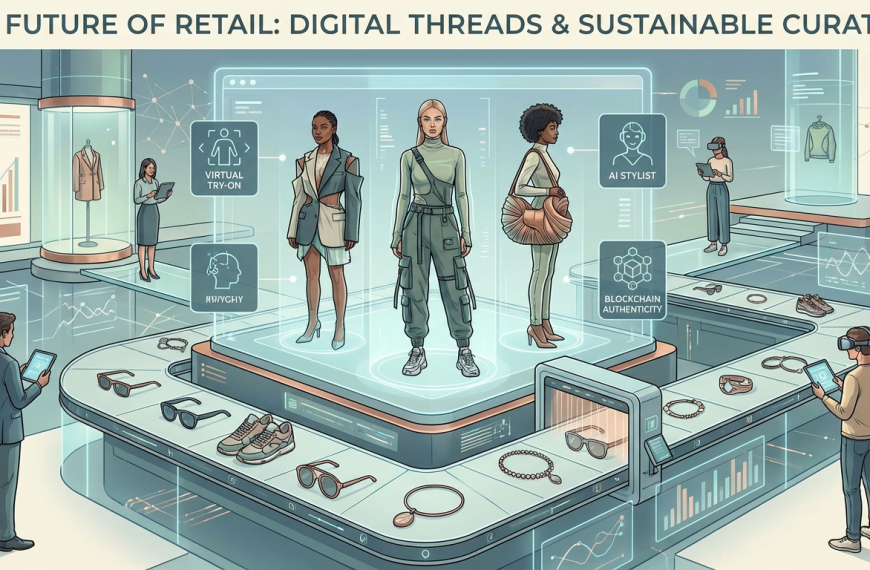14 Ways Analytics Dashboards Tools Are Reshaping the Future of Work

Introduction
In today’s fast-paced business environment, the sheer volume of data generated is staggering. From customer interactions to operational metrics, data is everywhere. However, the challenge lies not in the collection of data but in its effective management and interpretation. This is where analytics dashboards come into play, offering a streamlined way to visualize and make sense of complex data sets. As organizations strive to become more data-driven, the role of these tools becomes increasingly critical.
Definition and Importance of Analytics Dashboards
Analytics dashboards are powerful tools that provide a visual representation of data, allowing users to monitor key metrics and trends at a glance. They play a crucial role in decision-making by transforming raw data into actionable insights. By offering a clear and concise view of performance indicators, dashboards enhance operational efficiency and enable businesses to make informed decisions quickly.
Current Usage Across Industries
Analytics dashboards are utilized across various sectors, each leveraging the tool’s capabilities to meet specific needs:
- Healthcare: Dashboards help in tracking patient outcomes and optimizing resource allocation.
- Finance: Financial institutions use dashboards for risk management and compliance monitoring.
- Retail: Retailers employ dashboards to analyze sales trends and customer behavior.
Tools like Tableau, Power BI, and Looker are popular choices, each offering unique features tailored to industry-specific requirements.
Transforming Work Processes and Decision-Making
Dashboards are revolutionizing work processes by streamlining workflows and enhancing collaboration. With real-time data processing, teams can respond swiftly to changes, improving operational agility. The ability to access up-to-date information fosters a culture of transparency and accountability, empowering employees to make data-driven decisions.
Future Trends and Predictions
The future of analytics dashboards is promising, with several emerging trends set to redefine their capabilities:
- AI Integration: Artificial intelligence will enhance predictive analytics, offering deeper insights.
- Mobile Accessibility: As remote work becomes the norm, mobile-friendly dashboards will be essential.
- Immersive Data Experiences: Technologies like AR/VR will provide immersive ways to interact with data, making analytics more engaging and intuitive.
Case Studies of Successful Implementations
Several companies have successfully implemented analytics dashboards, reaping significant benefits:
- Walmart: By using dashboards, Walmart improved inventory management and reduced waste.
- Procter & Gamble: Dashboards enabled P&G to streamline supply chain operations, enhancing efficiency.
- Philips Healthcare: With real-time data visualization, Philips improved patient care and operational performance.
These examples highlight the transformative power of analytics dashboards in driving business success.
Conclusion and Call to Action
Analytics dashboards are reshaping the future of work by enabling organizations to harness the power of data. As businesses continue to navigate the complexities of the digital age, the adoption of these tools will be crucial. We encourage you to explore how analytics dashboards can benefit your organization and drive data-driven decision-making.
Categories
- Productivity Tools (ID: 1)
- Software Reviews (ID: 6)
- Trending Insights (ID: 10)
- Top AI Tools (ID: 2)


 By
By










